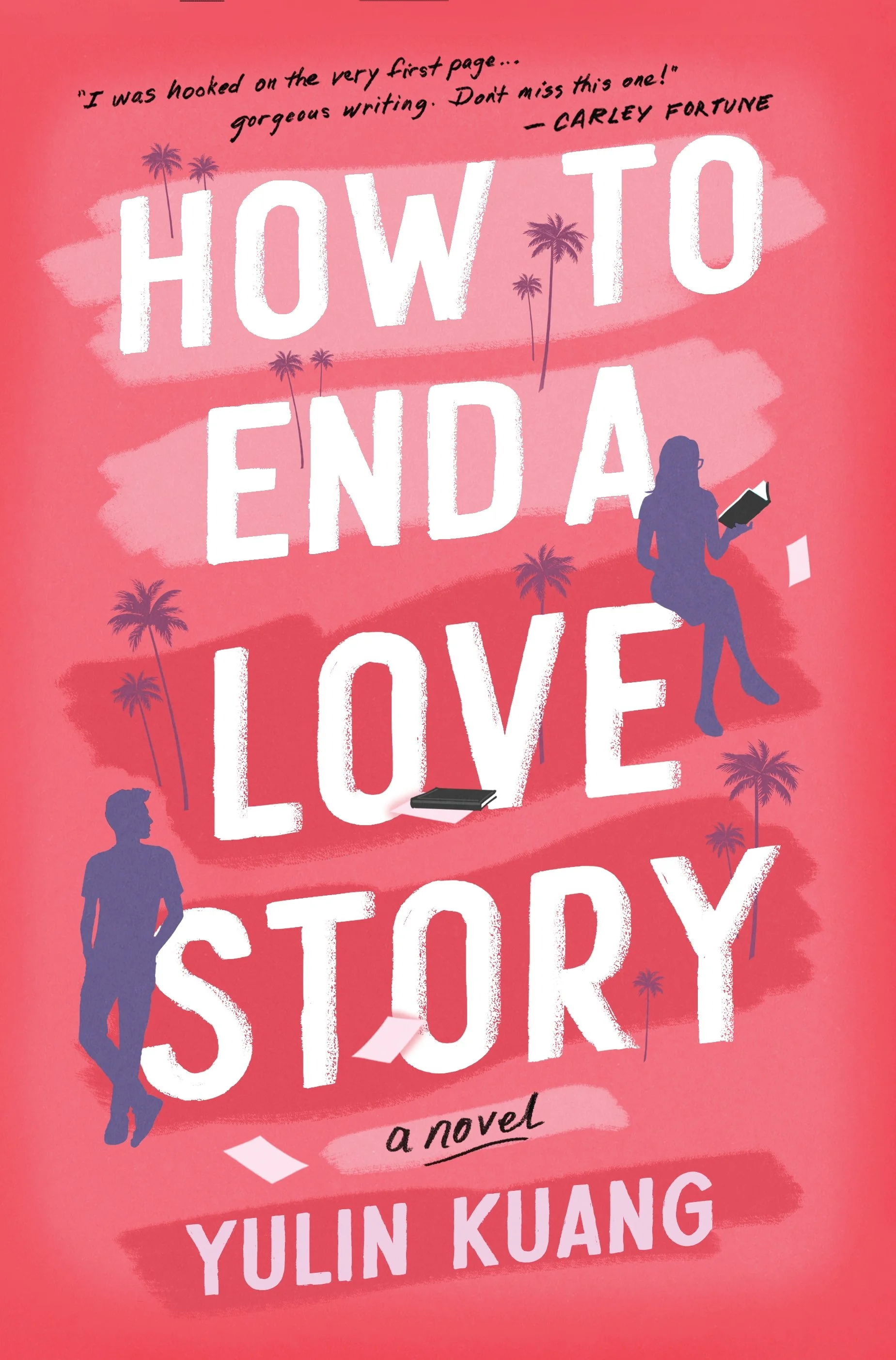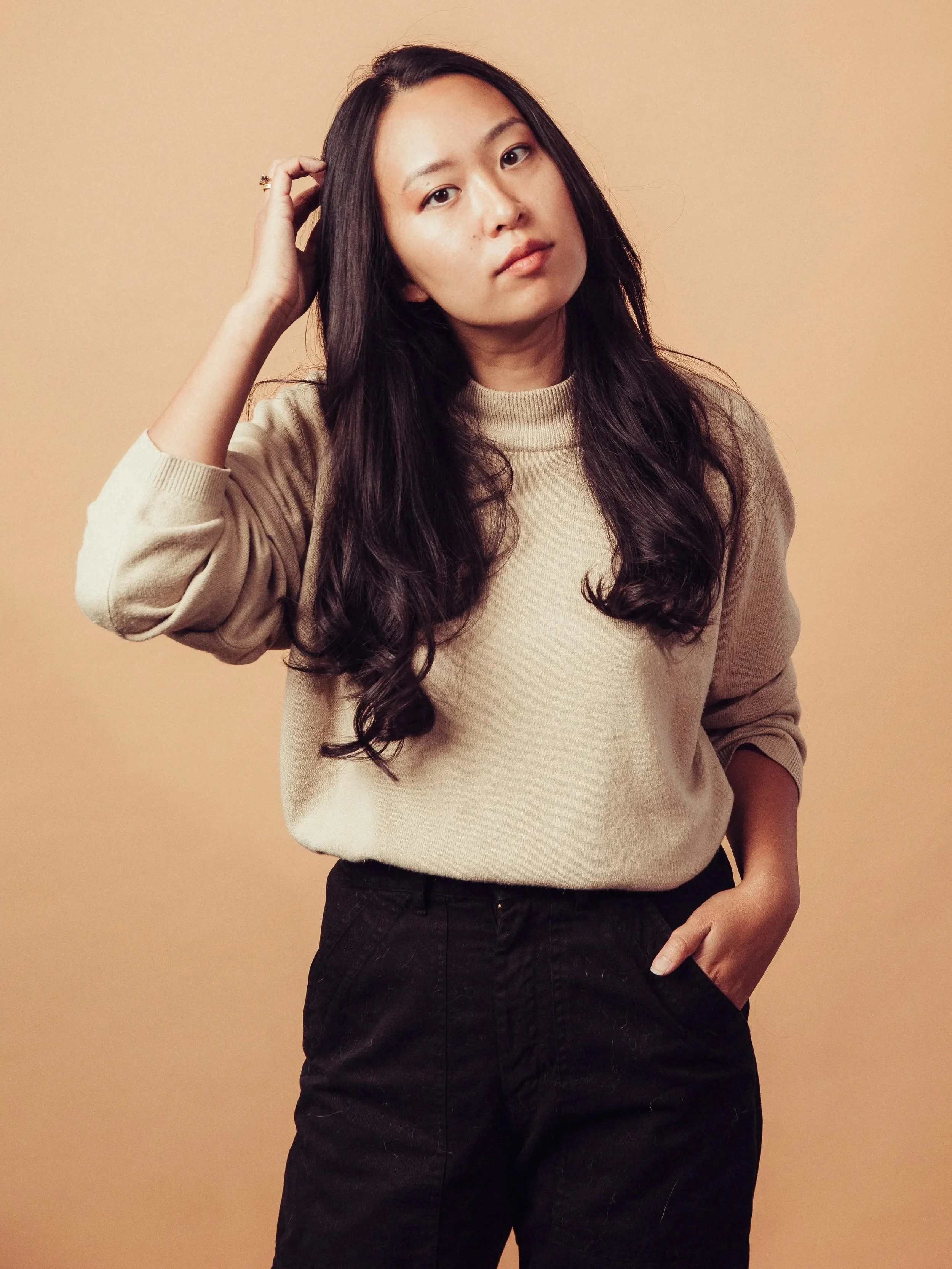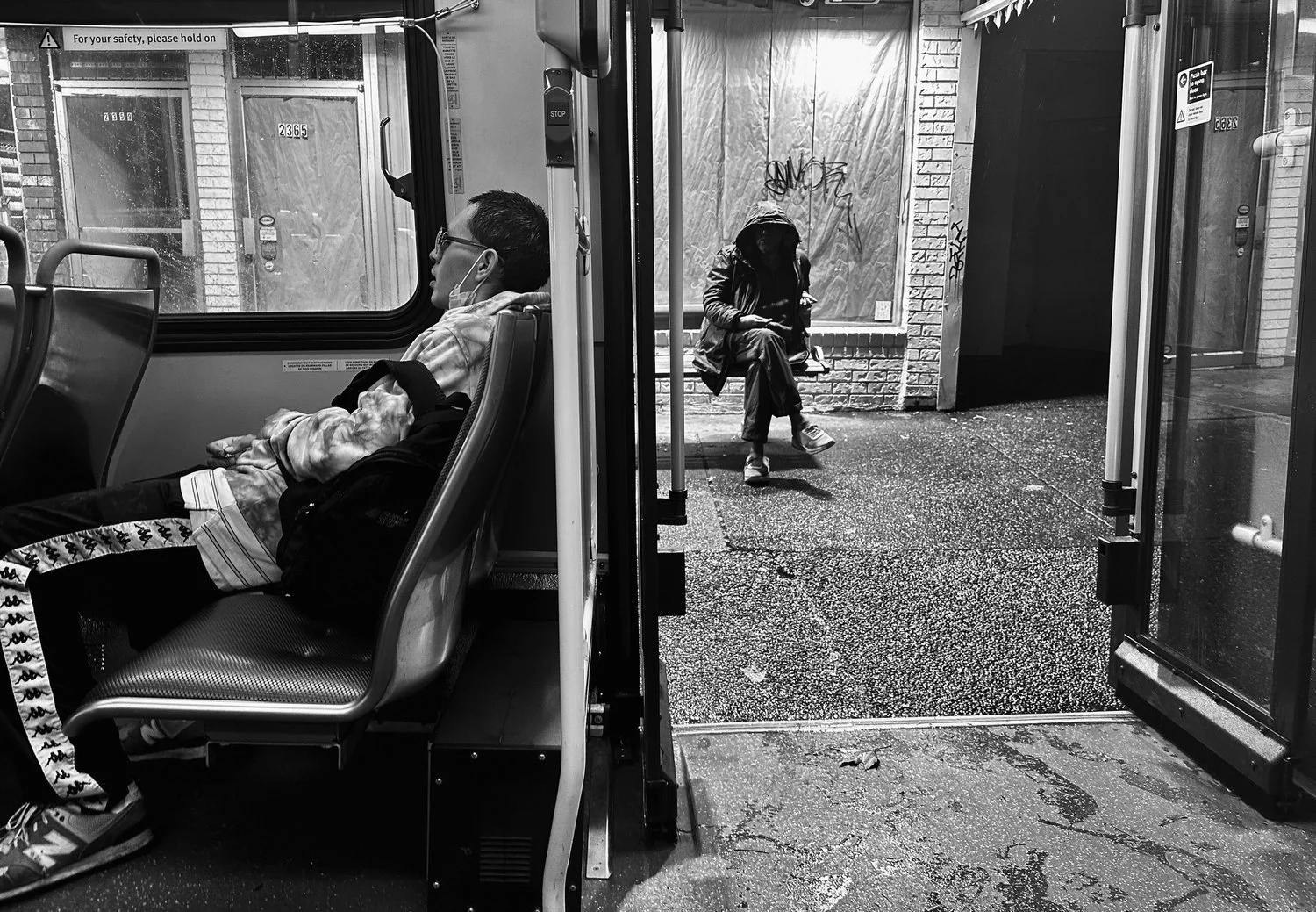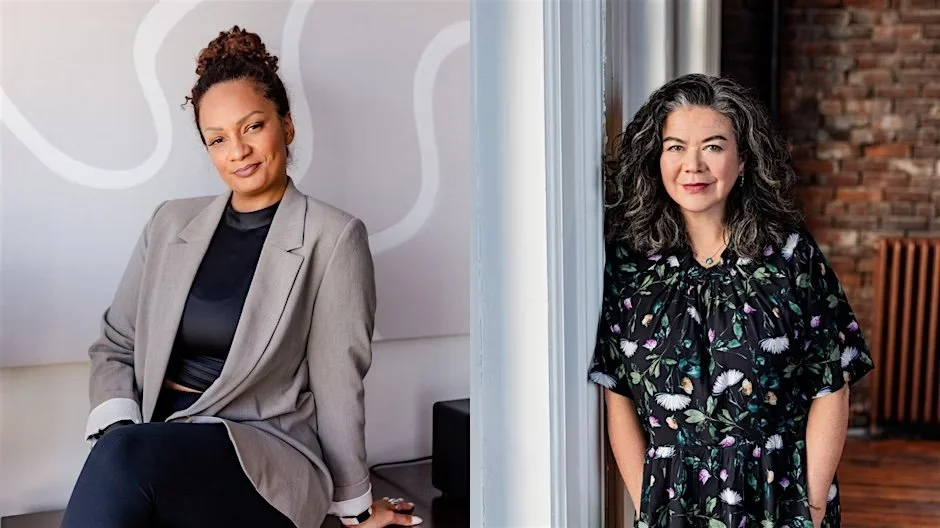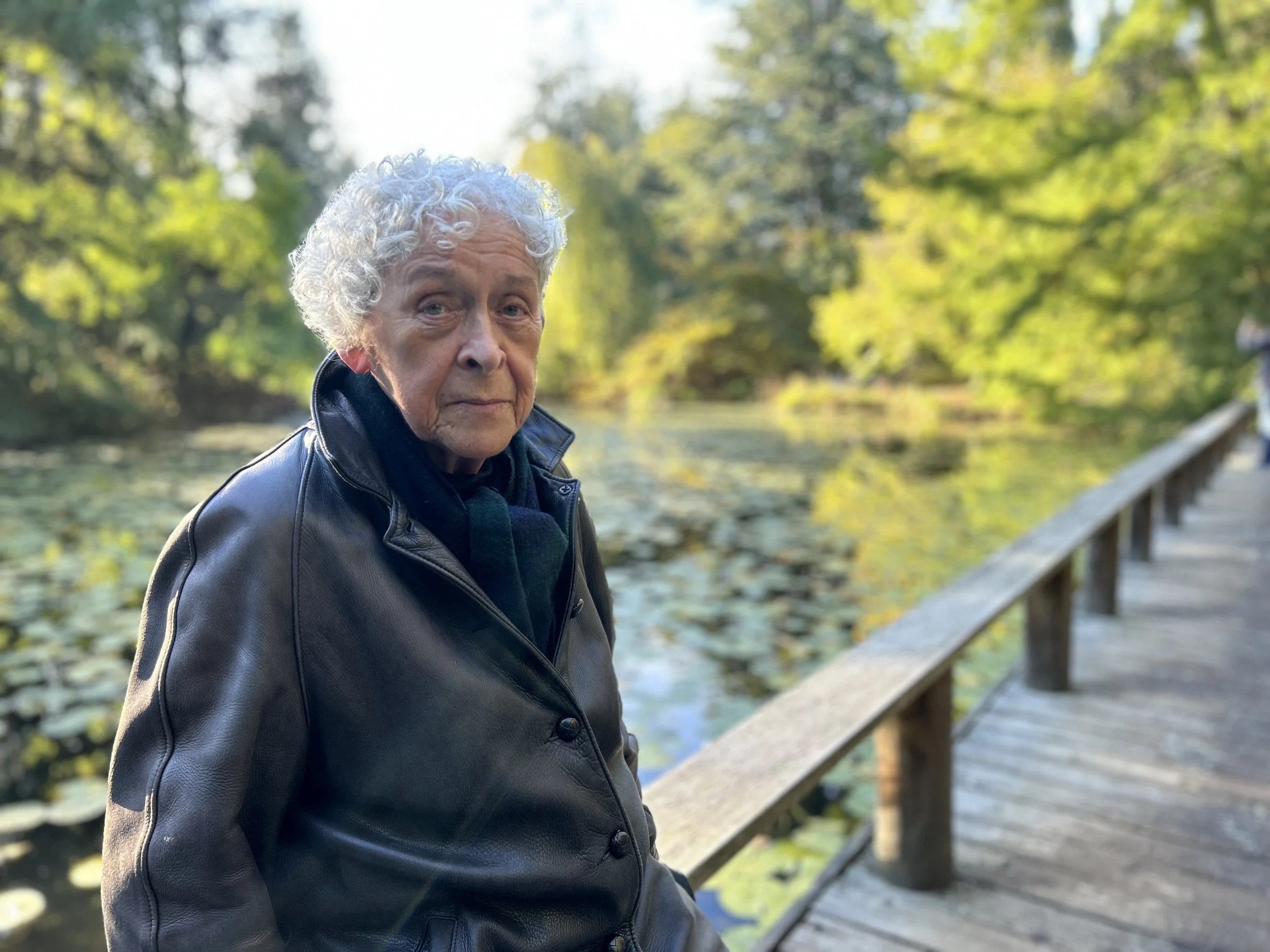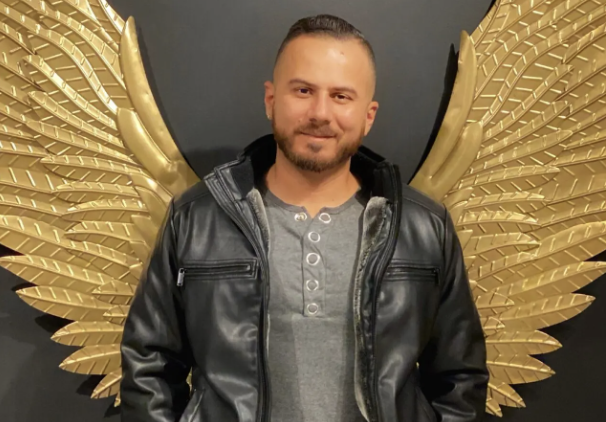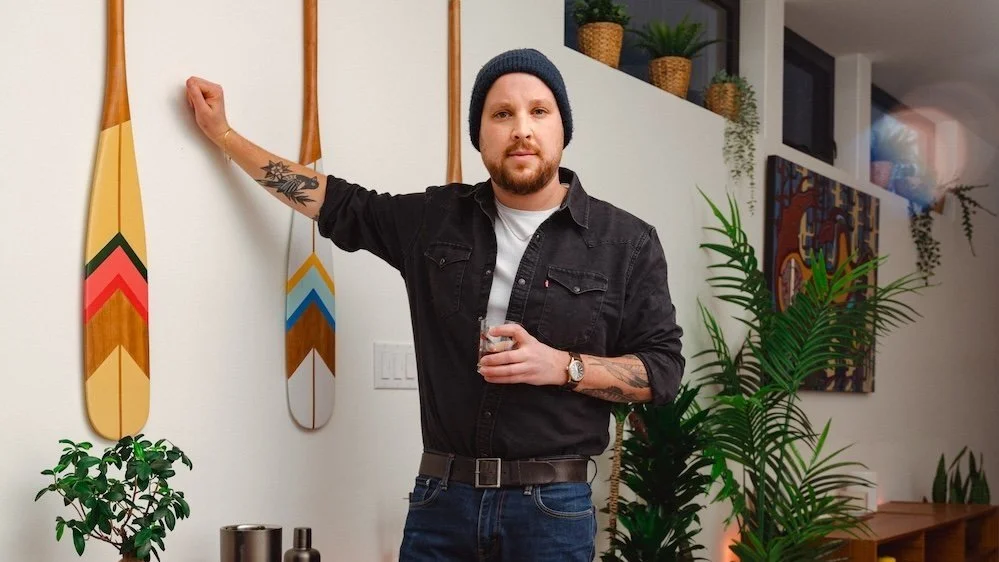L.A.-based screenwriter Yulin Kuang serves romance with a dash of realism in debut novel
Ahead of Vancouver Writers Fest event, author delves into resurgence of rom coms and how it’s important to deliver stories that feel “true to life”
Yulin Kuang. Photo by Sela Shiloni
Vancouver Writers Fest presents Romancing the Page at the Revue Stage on October 22 at 8:30 pm
WHEN MOST PEOPLE think of a typical rom-com, they probably don’t picture a woman who winds up deeply in love with her sister’s so-called “murderer”.
But that’s precisely the situation L.A.-based writer-director Yulin Kuang has concocted in her debut fiction novel How to End a Love Story. The romantic comedy follows author Helen Zhang, who moves to L.A. to join the writers’ room for the buzzworthy new TV adaptation of her young-adult novel series. But she soon discovers that a fellow screenwriter on the show is none other than her former highschool classmate Grant Shepard, who, 13 years ago, was driving his SUV through their hometown when Helen’s sister Michelle dove tragically in front of it and died by suicide.
Now that they’re coworkers, Helen and Grant attempt to establish a professional relationship despite their unforgettable past. The writers’ fierce animosity toward one another gradually develops into tolerated proximity, then into a scandalous situationship, and eventually into something unexpectedly more meaningful.
All told, it’s a heavy premise (and a killer slow burn). But the novel is also infused with constant sarcasm and uber-hot sex scenes. Kuang offers a new take on the term “rom com” here that reimagines how most people still view the genre across literature and in the media.
“There’s a very specific thing that people think about—it’s this kind of ’90s rom com,” explains Kuang. “And that was great. I loved all those Nora Ephron and Nancy Meyers rom coms. But I think a formula was created, and once something seems repeatable in that way, it becomes a little bit cookie-cutter. That’s when we get all the Hallmark rom coms, right? And my feeling of it is there may have been some fatigue coming out of that, where people associated the word ‘rom com’ with just this one very specific flavour. And then anything that has bluer notes of emotion in it stands out.”
According to BookNet Canada, romance novel sales are steadily on the rise. From 2017 to 2022 in Canada, the genre saw a 42 percent increase in overall sales. In the more specific realm of 2SLGBTQIA+ romantic fiction, sales increased by a whopping 10,406 percent during that same six-year period, proving that readers are looking for more realistic, inclusive, and modernized takes on romance stories.
This newfound appreciation for the genre is what forms the basis of Romancing the Page, an event taking place at the Revue Stage on October 22 as part of this year’s Vancouver Writers Fest. Kuang will discuss How to End a Love Story and all the nuances of the multifaceted romance genre alongside fellow authors Holly Gramazio and Leanne Toshiko Simpson.
A graduate of Carnegie Mellon University, Kuang was born in Guangzhou, China and spent time growing up in Kansas, New Jersey, and Pittsburgh before relocating to L.A. She got her start in screenwriting; most recently, she’s been adapting Emily Henry’s romance novels People We Meet On Vacation and Beach Read for film. Other television credits include The CW Network’s I Ship It and Hulu’s Dollface.
Kuang’s career as a screenwriter informs much of Helen’s character arc in How to End a Love Story. She describes the persona as an alternate-universe version of herself; where Kuang graduated college, dove straight into screenwriting, and then became an author, Helen came out of college and went into publishing before transitioning into a screenwriter. Helen is a true-to-life protagonist for Kuang in another way, too—both are eldest daughters of immigrant parents, a thread that plays an important role in Helen’s story.
But while Kuang’s novel is refreshingly realistic, rest assured that it doesn’t skimp out on delicious sexual tension. Rather than labelling Helen and Grant’s dynamic as an enemies-to-lovers trope, however, the author says she considers the pair star-crossed or forbidden lovers.
“I think it’s a really fun journey, because you’re taking two people who are in this place where you can’t imagine that they will ever be able to stand being in the same room as each other,” Kuang says. “And because of the rules of the genre, you kind of go in like, ‘Hee hee hee, I know something you don’t know’ every time one of them is like, ‘You’re the most contemptible person I’ve ever met!’. So that’s part of the fun of that trope.”
There are enough giddy coincidences in How to End a Love Story to keep readers entertained the whole way through. When the writers’ room is forced to go on a mandatory “camp bonding retreat” together, there’s an intimate exchange in the cabin where Helen has to swap sleeping arrangements with Grant because he’s too tall for a bunk bed; and when each of them has plans to fly home for the holidays out of separate airports, they somehow end up seated next to each other on the same plane when Grant’s original flight gets cancelled.
“She feels a hot flush of embarrassment creep up her neck as she thinks about how Grant saw her on the plane—the evidence of that needy, drooling puddle on his shoulder,” writes Kuang from Helen’s perspective in the book. “She wishes she could forget the first sensation of familiar warmth and cedar-scented aftershave that flooded her senses when her conscious brain started to come back online, the way her synapses fired energetic reminders: This isn’t the first time you’ve slept cocooned in the scent of Grant Shepard!”
As the plot develops, Helen and Grant’s interactions increase in both frequency and sensuality. Intermittent descriptions of lifelong regret and panic attacks are balanced with rousing scenes of office orgasms and post-earthquake sex—proof that rom-com novels can do it all.
“In life, we have all these feelings too, right?” Kuang says. “We have grief—we have these moments where things feel very, very heavy and very, very difficult—and then we also get moments of levity and horniness and all these other things. And so I wanted to paint a picture that felt true to life.”
Before How to End a Love Story was published, it was named a Most Anticipated Book of 2024 by Entertainment Weekly and a horde of other outlets; and after its release the novel was Reese Witherspoon’s May pick for Reese’s Book Club.
Kuang has certainly found her niche, and it’s romance with a dash of realism. She now has a second novel in the works which is set to deliver more of that tantalizing formula.
“Where Hollywood was reluctant to make rom coms that had more angst to them, publishing was more than happy to pick up the weight,” Kuang remarks. “And I think that’s why publishing has been so great. When you go to the romance genre, there’s this understanding that even if it ends happily, it can kind of explore this entire spectrum of things. Because there has to be a place for the entire spectrum. There has to be a place for things that are like, straight-up rom com, a laugh a minute, you’re spending an entire book or movie in the warm, happy glow, right? And then there has to be room also for things that have angst, but then end on a hopeful note—because I think that’s sometimes what people need, want, and crave.” ![]()


